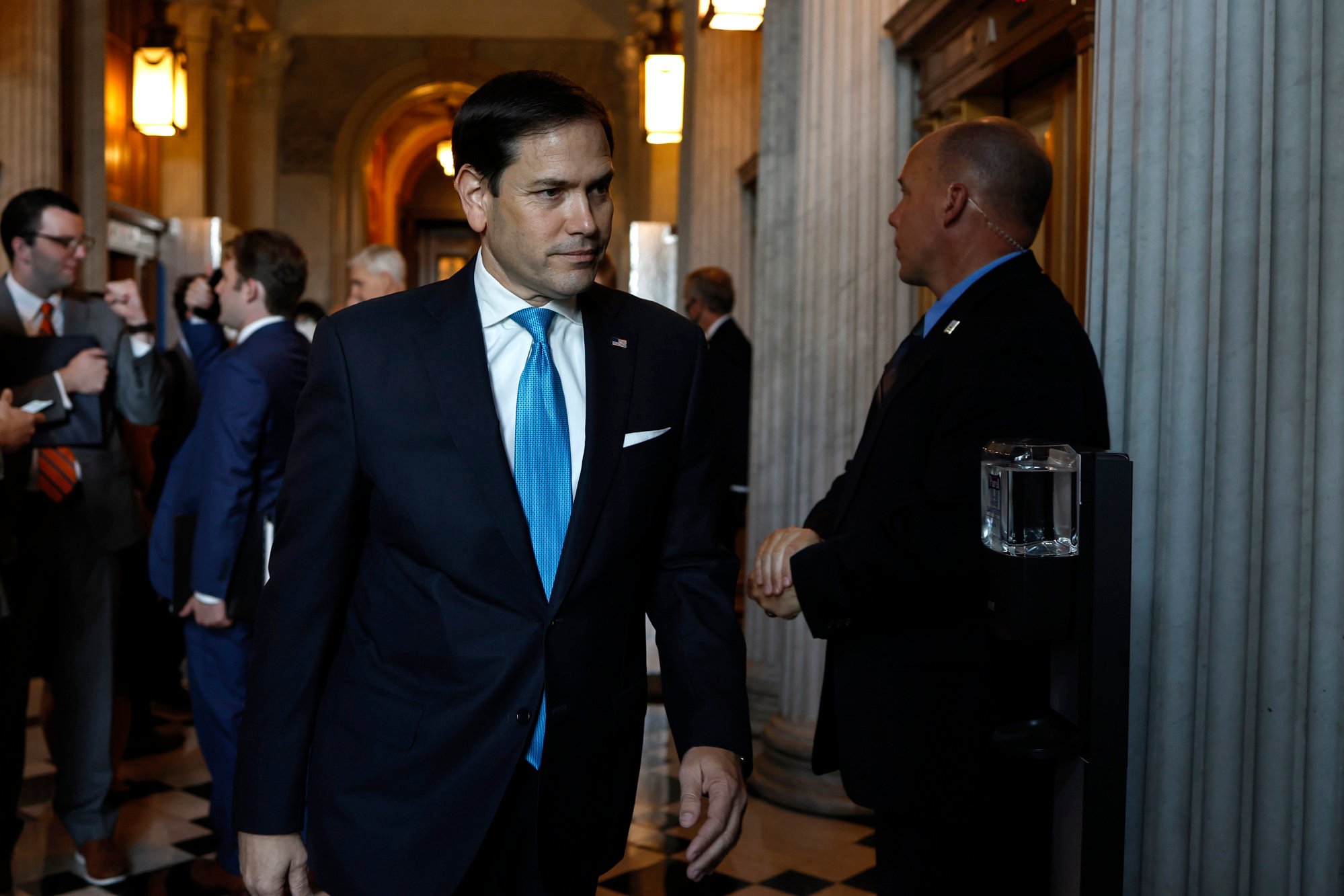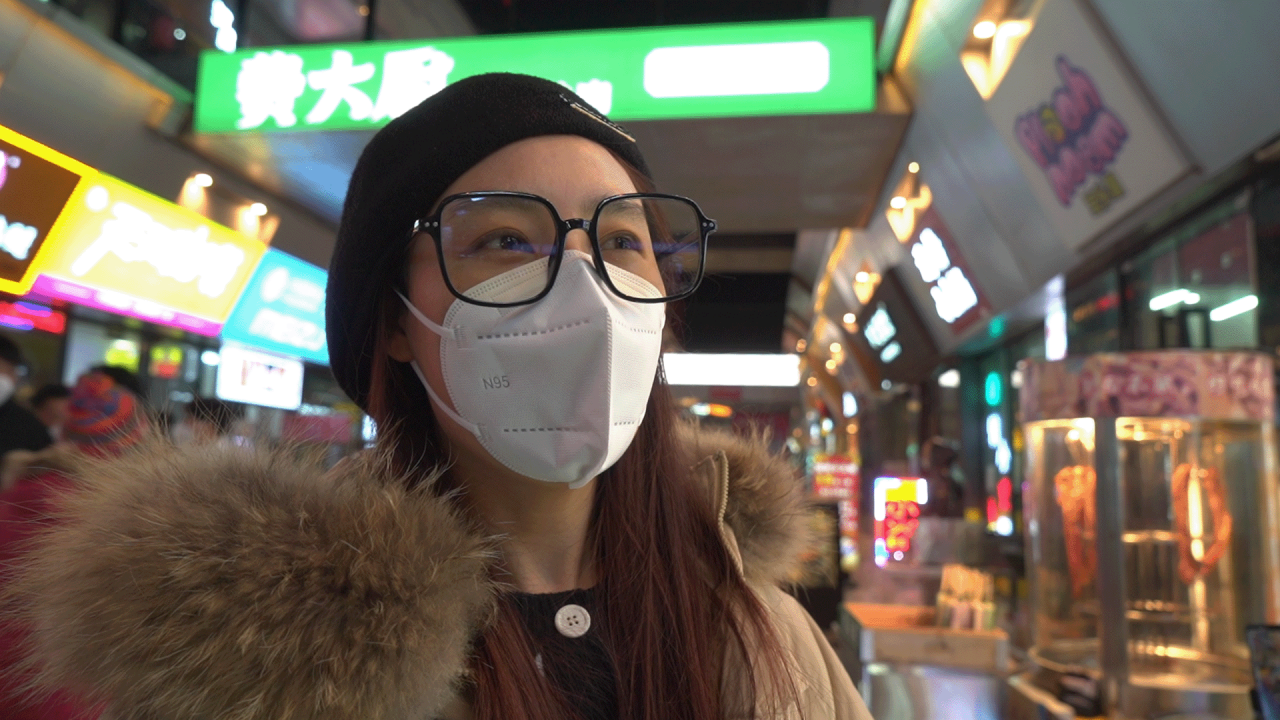
US regulators complete inspection of US-listed Chinese firms’ audit records, reducing delisting risks
- First time in China’s history that Beijing allowed audit records to be taken outside the mainland for inspection
- About 170 US-listed Chinese firms had faced the potential risk of being delisted if US regulators had not been able to review audit records
This is the first time in China’s history that it has allowed audit records to be taken outside the mainland for inspection.
The inspection was carried out under an agreement signed between China’s ministry of finance, the China Securities Regulatory Commission (CSRC), and the PCAOB in late August.
What are the US audit regulator’s inspectors doing in Hong Kong?
“Should PRC authorities obstruct or otherwise fail to facilitate the PCAOB’s access – in any way and at any point in the future – the board will act immediately to consider the need to issue a new determination,” she added.
Beijing has previously denied US regulators access to the financial audits of Chinese firms listed in the US, saying these working papers contained state secrets. Chinese law barred accounting firms from handing their documents to foreign parties without prior permission from Beijing.
A breakthrough was made in April, when the CSRC scrapped a requirement that only Chinese regulators can conduct on-site audits of Chinese companies listed overseas and allowed auditors to take audit records outside the Chinese mainland for inspection in a historic first.
The successful inspection of the audit records is vital for 168 US-listed mainland Chinese companies, as they can now be viewed as complying with the requirements of the US’s Holding Foreign Companies Accountable Act (HFCAA).
The act, which went into effect in late 2021, opens the possibility of their delisting if the PCAOB finds that they are not compliant for three consecutive years. A report by the regulator in December 2021 said that the companies were not compliant with the HFCAA, as it could not conduct inspections of their auditors based in Hong Kong and mainland China.
The 168 firms, whose combined market value stood at US$1.5 trillion as of June 2022, were audited by 15 Hong Kong and mainland Chinese accounting firms registered with the PCAOB, according to the US regulator.
Two teams of inspectors from the PCAOB spent about seven weeks at the Hong Kong offices of PwC and KPMG going through hundreds of audit working papers. They also interviewed the firms’ accountants regarding their audits of US-listed mainland companies.
The PCAOB report released on Thursday focused on whether it was able to carry out its inspection in accordance with the HFCAA.
“Today’s announcement should not be misconstrued in any way as a clean bill of health for firms in mainland China and Hong Kong,” Williams, the PCAOB chair, said.
Hong Kong working on fast track for access to mainland audit papers
“It is a recognition that, for the first time in history, we are able to perform full and thorough inspections and investigations to root out potential problems and hold firms accountable to fix them.”
Doug Barry, a spokesman for the US-China Business Council, an advocacy group representing American companies with operations in China, called the PCAOB news “a positive and significant development”.
The Chinese companies that had faced the prospect of forced delisting “will remain on the American exchanges to raise capital and continue to provide opportunities for US investors, who will benefit from accepted due diligence principles”, Barry said.
“While much acrimony and uncertainty continue to bedevil the bilateral relationship, this along with efforts to limit Chinese companies on entities lists demonstrate what’s possible when both countries elevate cooperation over confrontation,” he added.
However, Senator Marco Rubio, the Florida Republican who was a sponsor of HFCAA, called the PCAOB proclamation “short-sighted, naive and dangerous” and suggested that his efforts on this front are not over.

“The PCAOB selected two British-affiliated auditing firms to review, one in Hong Kong and one in mainland China,” Rubio said. “It used these firms’ openness to US auditors as a litmus test for the entire country.”
“While enactment of [HFCAA] helped force the [Chinese Communist Party] to the negotiating table and allow for a level of transparency unprecedented, the PCAOB did not live up to the law,” he said.
Rubio said he would “work with colleagues to ensure that it does”.
Chinese authorities have agreed to a schedule for inspections in 2023 and in 2024, as well as any investigations that commence next year and beyond, the PCAOB said.
US regulator settles audit issues with Deloitte China for US$20 million
The US regulator said that its staff had preliminarily identified several potential deficiencies at firms subject to inspection that were “consistent with the types and number of findings the PCAOB has encountered in the context of other first-time inspections around the world” and that identifying such deficiencies was a “necessary first step” to avoid such deficiencies in the future and protecting investors.
“Continued PCAOB access for inspections and investigations will result in the enhancement of audit quality and investor protection with respect to issuers audited by firms headquartered in mainland China and Hong Kong,” the regulator said.
The Chinese regulators were glad to see that the US regulators only focused on checking whether the auditors had fulfilled their duties, a source told the Post.
“The mainland regulators had concerns that the overseas regulators would try to see sensitive information during the inspection, but the review process has proven the US regulators had their eyes on audit quality only,” a source close to the mainland regulators said.
“This may pave the way for mainland China to consider allowing the US inspectors to do the audit inspection next year.”
Additional reporting by Chad Bray and Robert Delaney


